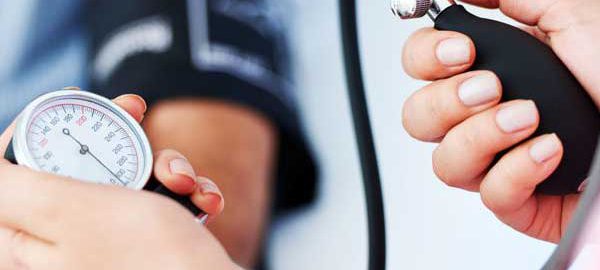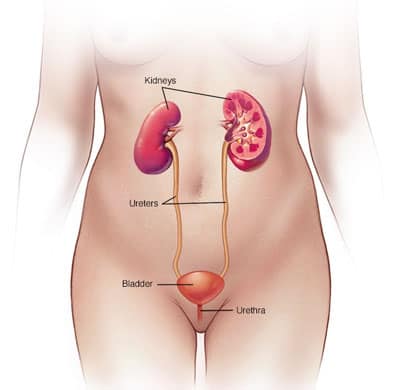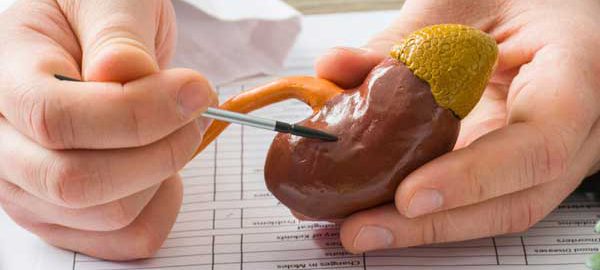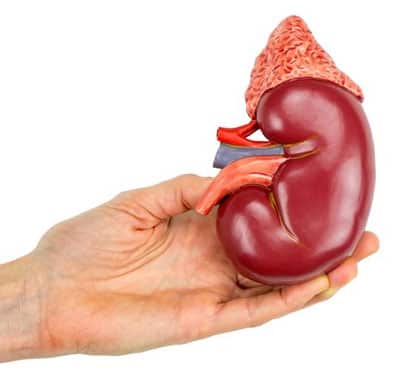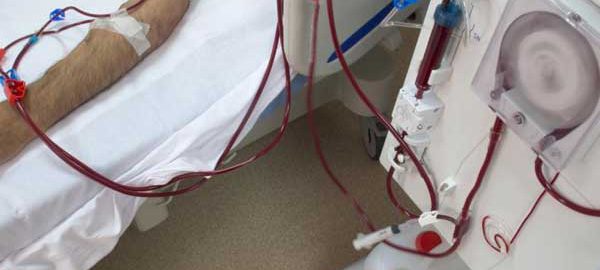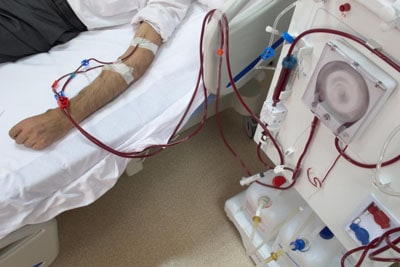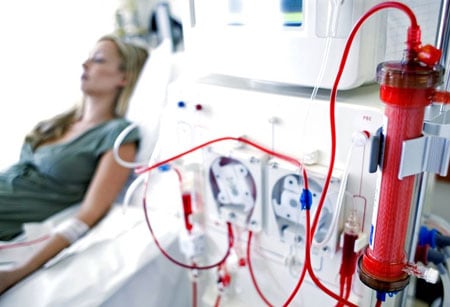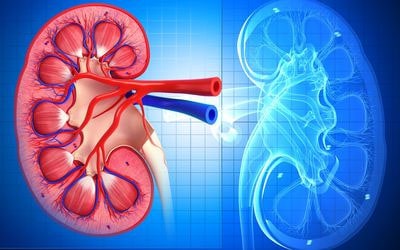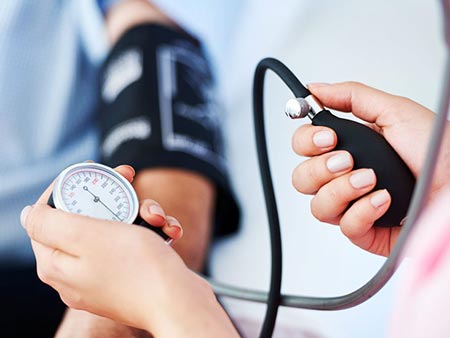
Hypertension means having high blood pressure and is very common. One in three adults in India has high blood pressure. Without proper Hypertension Treatment in Delhi, hypertension can lead to serious health problems, such as heart disease or stroke, which are common causes of death in India.
What are the symptoms of hypertension?
Usually, people with hypertension do not feel any symptoms. Hypertension is known as “the silent killer” as it can cause deep damage to your body, even when you feel nothing. The only way to know if you have hypertension is to measure your blood pressure.
How do I know if I have high blood pressure?
Diagnosing high blood pressure is as simple as taking your blood pressure. Your nurse or doctor will place an inflatable bracelet around your arm while they listen to your pulse. It is fast and painless. Sometimes you can also check your blood pressure at a pharmacy or drugstore or use a home test.
What do the blood pressure numbers mean?
The blood pressure reading has 2 numbers. The first is known as systolic blood pressure, which is the pressure in your blood vessels when your heartbeats. The second number is called diastolic blood pressure, which is the pressure in your blood vessels when your heart is resting between beats. The combination of these two numbers is your blood pressure.
- Normal blood pressure: 120/80 or less
- Hypertension or at risk (near hypertension): between 120-139 / 80-89
- Hypertension: 140/90 or higher
If the numbers that measure your high blood pressure are high twice in a row, your nephrologist in Delhi may diagnose you with high blood pressure.
How can I prevent hypertension?
The most important thing you can do to prevent hypertension is to eat a healthy diet, maintain a healthy weight, exercise regularly and avoid smoking.
How is hypertension treatment in Delhi done?
Hypertension treatment in Delhi is usually done with a combination of diet, exercise, and medications. Changes in diet may include eating vegetables, fruits, and whole grains and reducing the consumption of salt, alcohol and red meat. Exercising regularly can also help. This means exercising for at least 30 minutes a day, 5 days a week. This may include things like walking, going to the gym, cycling or swimming. Anything that makes you sweat and breathe quickly.
If you don’t have time to exercise 30 minutes in a row, you can do it for 10 minutes, 3 times a day. You can also find small ways to stay active during the day, such as climbing the stairs instead of taking the elevator. The important thing is that you move regularly throughout the day. The best nephrologist in Delhi can help you determine what “exercising on a regular basis” means in your case.
Your nephrologist in Gurgaon may also recommend some medication if changes in diet and exercise are not enough to lower your blood pressure. Your doctor will help you determine which pressure medication is right for you.
How hypertension affects our kidneys?
Although not everyone knows the close relationship between high blood pressure (hypertension) and the kidneys, it is necessary to remember that hypertension is the second cause of kidney failure. To do this, Dr. Vinant Bhargava, from the Nephrology and Hemodialysis Service of Sir Ganga Ram Hospital, Delhi, has revealed the relationship between blood pressure and kidneys, explaining how hypertension can cause chronic kidney disease.
In the kidney, the arteries that irrigate it deteriorate, generating ischemia of its functional units (nephrons) which, together with hypertension transmitted to these units, generates progressive and irreversible destruction. This hyper-pressure will favor an increase in the elimination of proteins in the urine, which can be assessed as a marker of renal damage.
“According to the pressure with which the blood reaches them, the kidneys behave in one way or another to manage to control the tension of the whole organism. If very high blood pressures arrive, the kidneys begin to resent and, little by little, they become stiffer to resist this high tension. This can lead to a loss of function and, in specific cases, if the progression continues, a renal replacement therapy such as dialysis or renal transplantation may be necessary, ”said Dr. Vinant Bhargava.
How to detect kidney disease in cases of hypertension?

The detection of renal disease related to hypertension is described in hypertensive patients through the detection of a series of substances in the blood and/or proteins in the urine. Specifically, kidney disease in these cases can be diagnosed by detecting the decrease in glomerular filtration or the presence of albumin in urine:
- The decrease in glomerular filtration is diagnosed by detecting in blood a substance generated by the body itself: creatinine. This substance is only eliminated through the kidney, so if it increases, it means that the kidneys should not be working well.
- The decrease in glomerular filtration is usually accompanied by the loss of protein in the urine, specifically albumin – sometimes being the first defect detected.
Once renal disease linked to hypertension is detected, therapeutic measures should be carried out to study and control the possible progression of renal disease, taking into account all the factors that may impair the normal functioning of the kidneys and taking hypertension treatment in Delhi.
Prevention of renal disease due to hypertension
The way to prevent tension from causing kidney disease and more importantly, slowing down its progression, is by leading a healthy lifestyle:
- Moderate physical activity 20-30 minutes every day.
- Follow a Mediterranean diet.
- Do not consume pre-cooked products.
- Avoid toxic habits such as smoking or alcohol consumption.
- And, in the case of stress, the most important habit change is to reduce salt consumption.
Thanks to the control of sodium excretion in the 24-hour urine it is possible to know what the actual salt consumption of a person is. By obtaining these precise data, top nephrologist in Delhi can make better recommendations for reducing salt intake. And, another fundamental measure for good blood pressure control is the use of antihypertensive drugs.
“Its use is widespread in today’s society and the different existing groups help to make the most ideal combination for each patient; in very relevant studies, there is a demonstrated decrease in cardiovascular events and a slowing of renal damage, although this should not lead us to forget that prevention is a very important part of treatment, ”explained nephrologist in Delhi.
For all this, it is so important to perform a blood test and urinary sediment in the annual or semi-annual controls and, in the case of hypertensive patients with chronic kidney disease (CKD), to carry out an exhaustive control of blood pressure (BP) to minimize progression.

